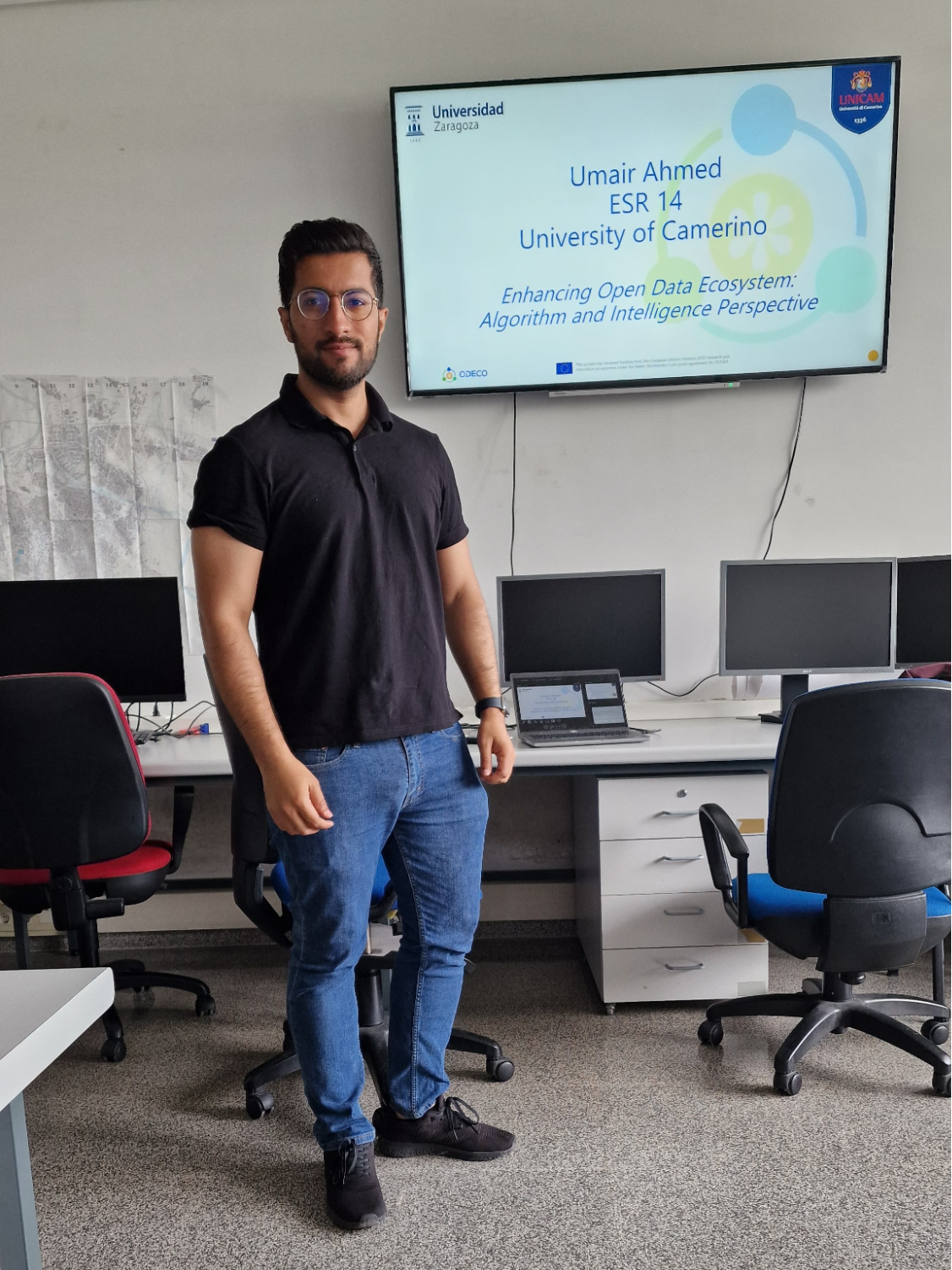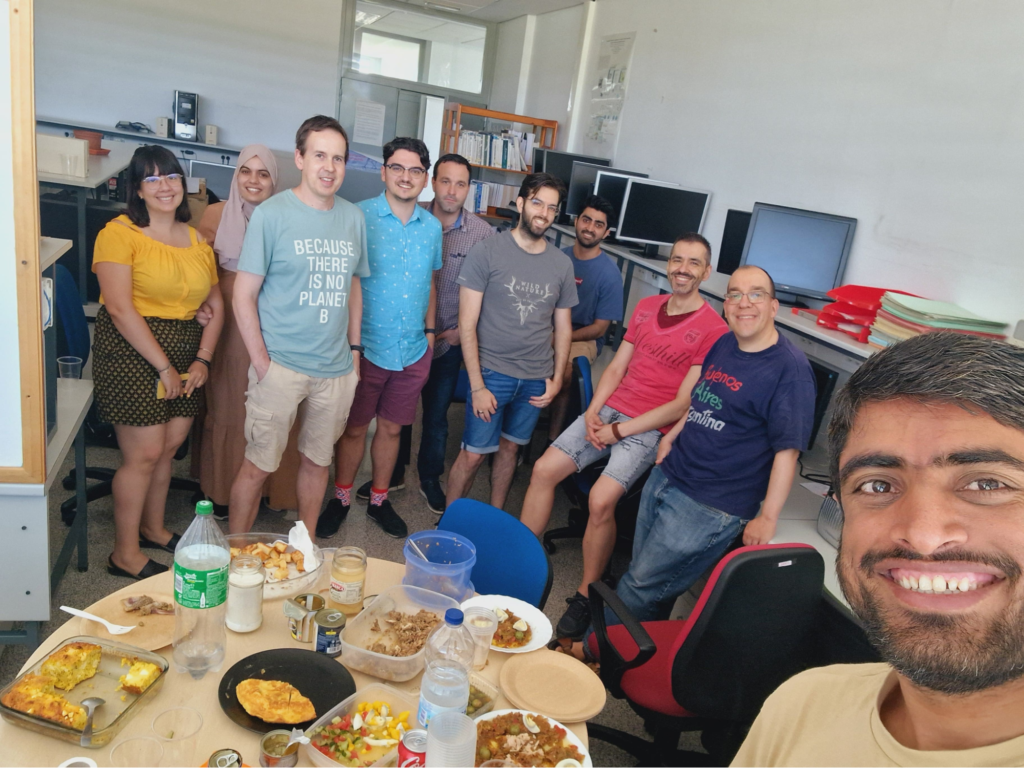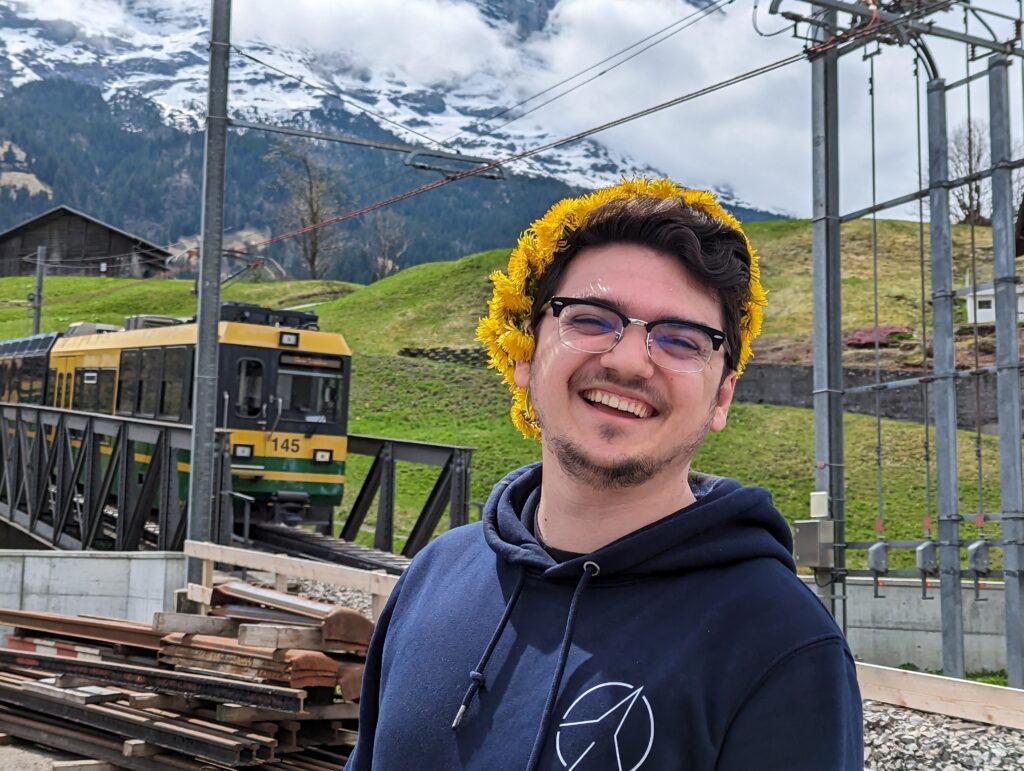We (Héctor and Umair) stayed for an academic secondment at the University of Zaragoza, Spain, during June and July 2024. Following Dagoberto’s fruitful secondment at the University of Camerino in 2023, we decided to continue the collaboration between both universities. We joined the Advanced Information Systems Laboratory, where Abdul and Dagoberto work.
Topics covered
During our time in Zaragoza, we finalized and submitted the paper “Collective Intelligence in Humanitarian Voluntary Geographic Information: The Case of the HOT Tasking Manager,” which is now under review. In this paper, we explore how users interact with this micro-tasking tool for volunteering geographical information from the lens of Collective Intelligence. We do so by characterizing the group of individuals who participate, as well as the collective action and evidence of the intelligent actions found.
In addition, we started to work on a new paper, measuring the data outcome in humanitarian projects using the HOT Tasking Manager, hypothesizing that the program’s interface affects the final output and the integration of the final data between tasks. This paper is led by Dagoberto.
Finally, we also started another paper, quantifying the use of GitHub in datasets of the European Data Portal, with the lens of Collective Intelligence. This paper is led by Umair.

Time together
We enjoyed our time in Zaragoza by spending time together, at work and outside of it. At work, on one of the last days before leaving, the lab organized a potluck. Every team member must bring homemade food representing their culture to this event.

Outside of work, we visited the city and its historical places, as well as various cafés and restaurants found in the city center. We also had an eventful kart racing and bowling evening, and we even partied a couple of times.
As well, we traveled to nearby cities like Madrid and Toledo, and Pamplona during the San Fermín festival.

Events attended
During our time in Zaragoza, we attended the 27th AGILE conference, “Geographic Information Science for a Sustainable Future,” which experience you can read in this blogpost. There, we presented our previous work with the HOT Tasking Manager, which had been developed during Dagoberto’s stay in Camerino.
As well, Héctor also attended the State of the Map Europe 2024, a professional conference built around the OpenStreetMap Community, where he presented two works. First, the work which was already presented at the AGILE conference, but this time to a professional audience. And secondly, the results of the interviews with 25 companies to gather the current commercial landscape in OpenStreetMap.
The events attended, and with online interaction, made our work visible to the OpenStreetMap and HOT global communities. This is part of our vision to build bridges between researchers and practitioners, and the work is set to continue in the following months to cater to the needs of practitioners and transfer knowledge between us.
Conclusion
Our secondment at the University of Zaragoza has been a rich and collaborative experience, reinforcing the connection between our institutions and advancing our research in collective intelligence, OpenStreetMap, and voluntary geographic information. During this time, we progressed in our ongoing research and submitted a journal paper. Moreover, we also initiated new research focusing on the HOT Tasking Manager and the European Data Portal. Apart from academic progression, this time allowed us to connect on a personal level through shared cultural experiences, enhancing the team spirit and resulting in new initiatives. The conferences and events we attended amplified our work amongst the OSM and HOT community, which aligned with our goal of building a bridge between academic research and practical application. The secondment was a valuable step forward in our journey of understanding and enhancing open data ecosystems such as OSM, HOT managers, and the European Data Portal.
Authors:




